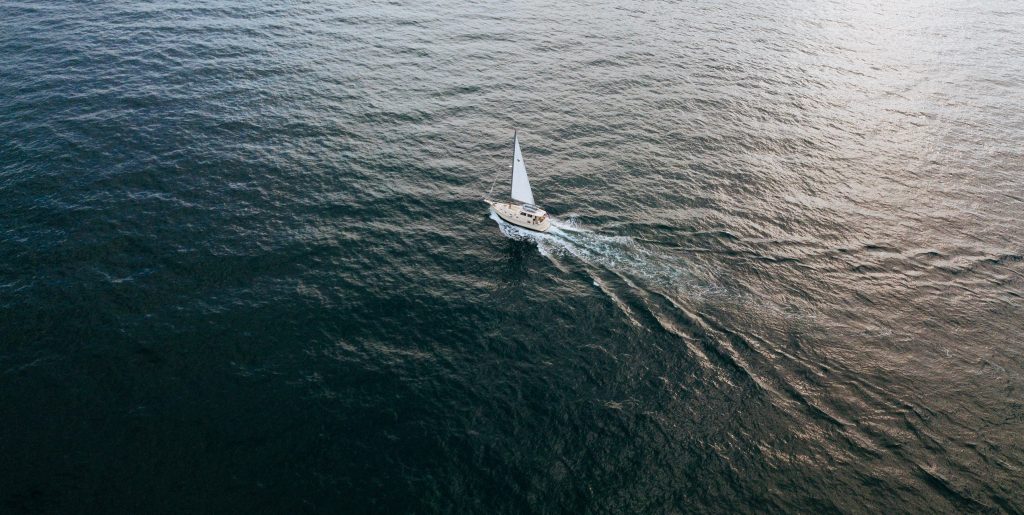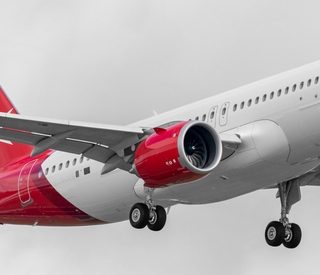
Nautical and maritime tourism is the most important sub-sector of tourism. It employs over 3 million people and has the potential for the creation of more jobs and sustainable Blue growth.
Given the substantial contribution of this sector on the European economy and the volatility of tourism, we need to look at the challenges we face. No doubt, the environment is on the forefront, but there are other concerns that that can negatively impact this sector, such as political unrest and heightened terrorism threats. The Mediterranean is one of the most important regions in the world for nautical and coastal tourism with outstanding natural and biodiversity features, however, this region is more vulnerable to climate change, and therefore safeguarding biodiversity is critically important.
This makes it more important that countries in the region unite and follow ocean governance action plans, and work to find innovative solutions to mitigate the effects of climate change.
Finding a balance between tourism growth and the risks associated with the stresses of growth, especially in island states, is indeed a challenge. This calls for regional cooperation to address Blue Growth and Blue and Green Infrastructure to protect the marine environment and make ecosystems more resilient to climate change.
Environmental concerns also emerge from marine pollution and littering, especially plastics. In view of the growth prospects of the sector, the entire waste management constitutes another major challenge, especially amongst island states like Malta. As traffic increases, the reduction in gas emissions through technological development needs to continue. The targets established by the EU in this regard need to be met.
As customers increasingly become more adventurous and prepared to participate in new travel modes and experiences, growth prospects for this sector are indeed encouraging, especially for the Mediterranean. However, we must adapt to changing consumer patterns and to demographic change which is influencing travel patterns in this sector. We need to look at product diversification and an improvement across the entire value chain and work to create linkages with other sectors, such as culture, gastronomy, nature, etc. The creation of multi-regional routes and more joint regional promotion amongst Mediterranean destinations is also very important These are some of the opportunities that can give a significant boost to nautical and maritime tourism.
The significant economic impact of this sector makes it more important that its development is based on long-term sustainable principles, and we need to be aware of the risks involved if it’s not!
___
George Micallef, Board of Governer & MHRA RGP






